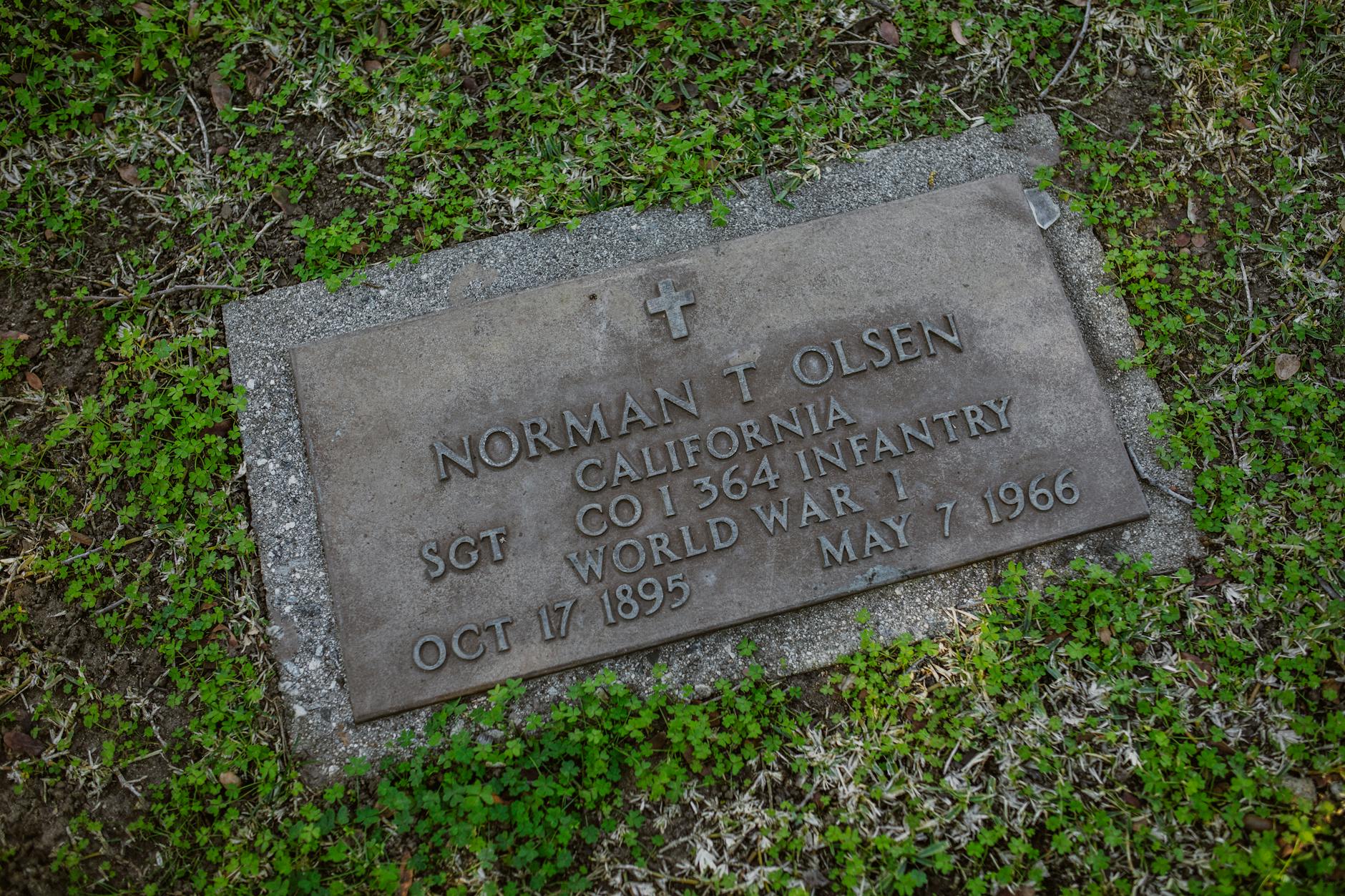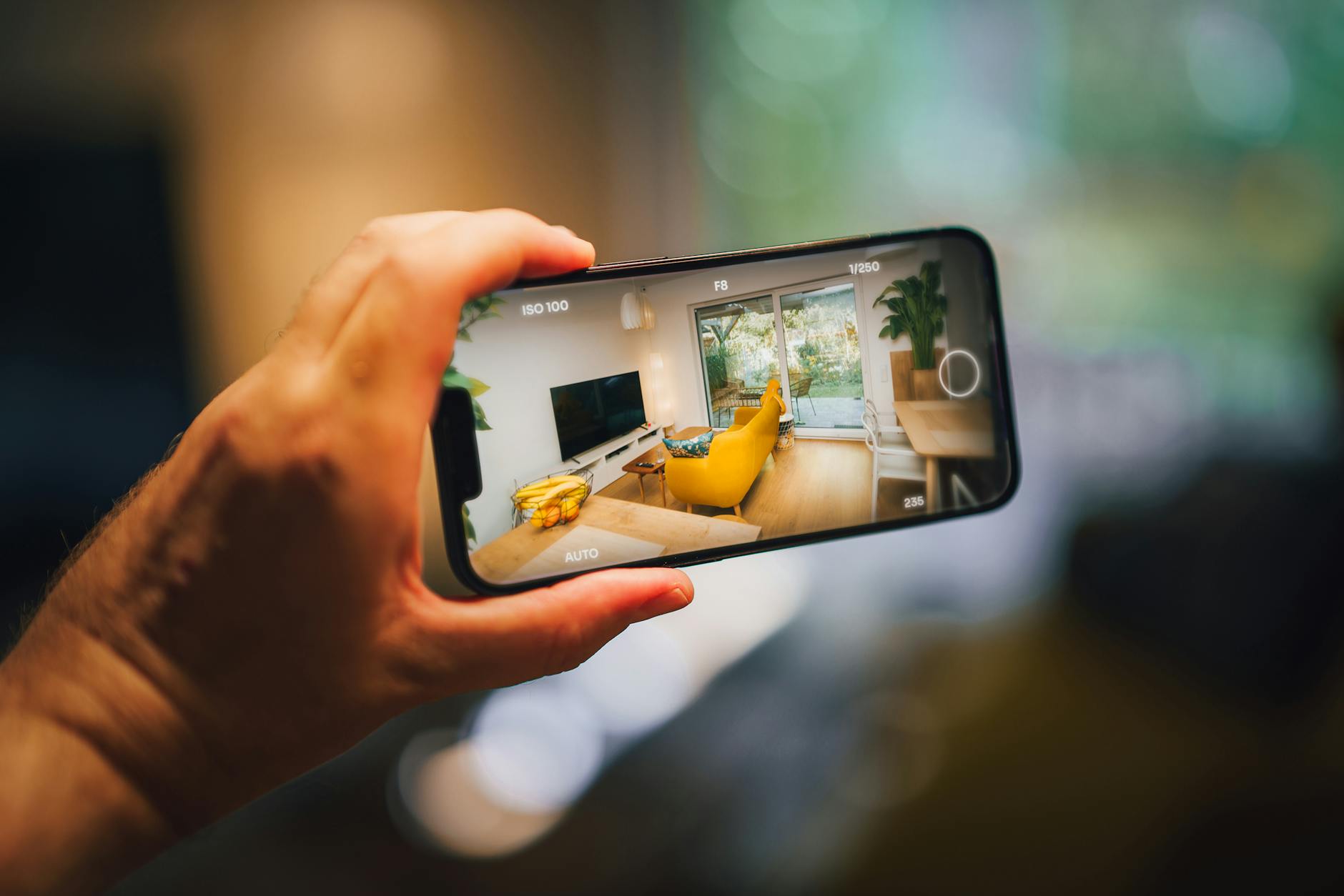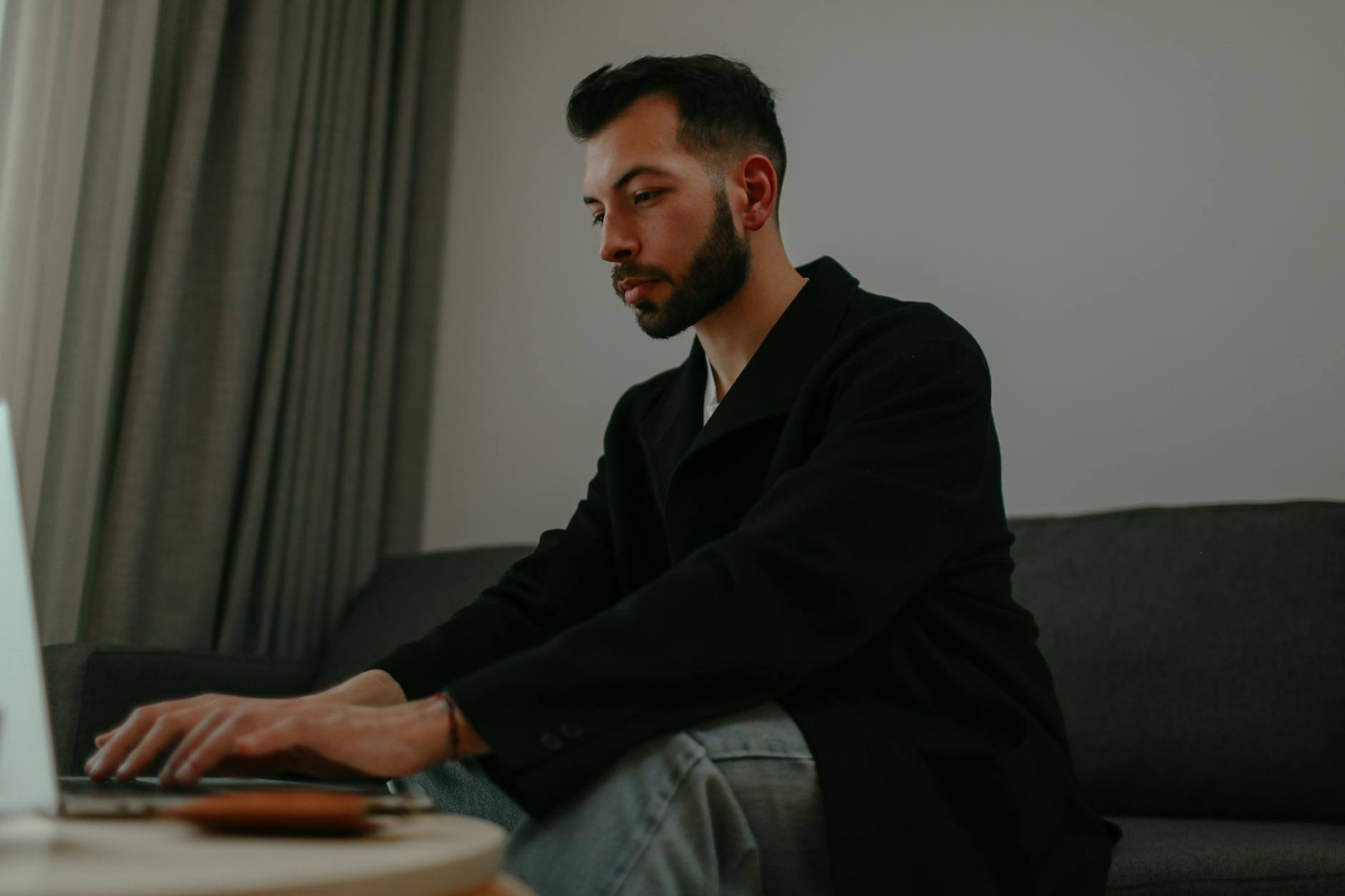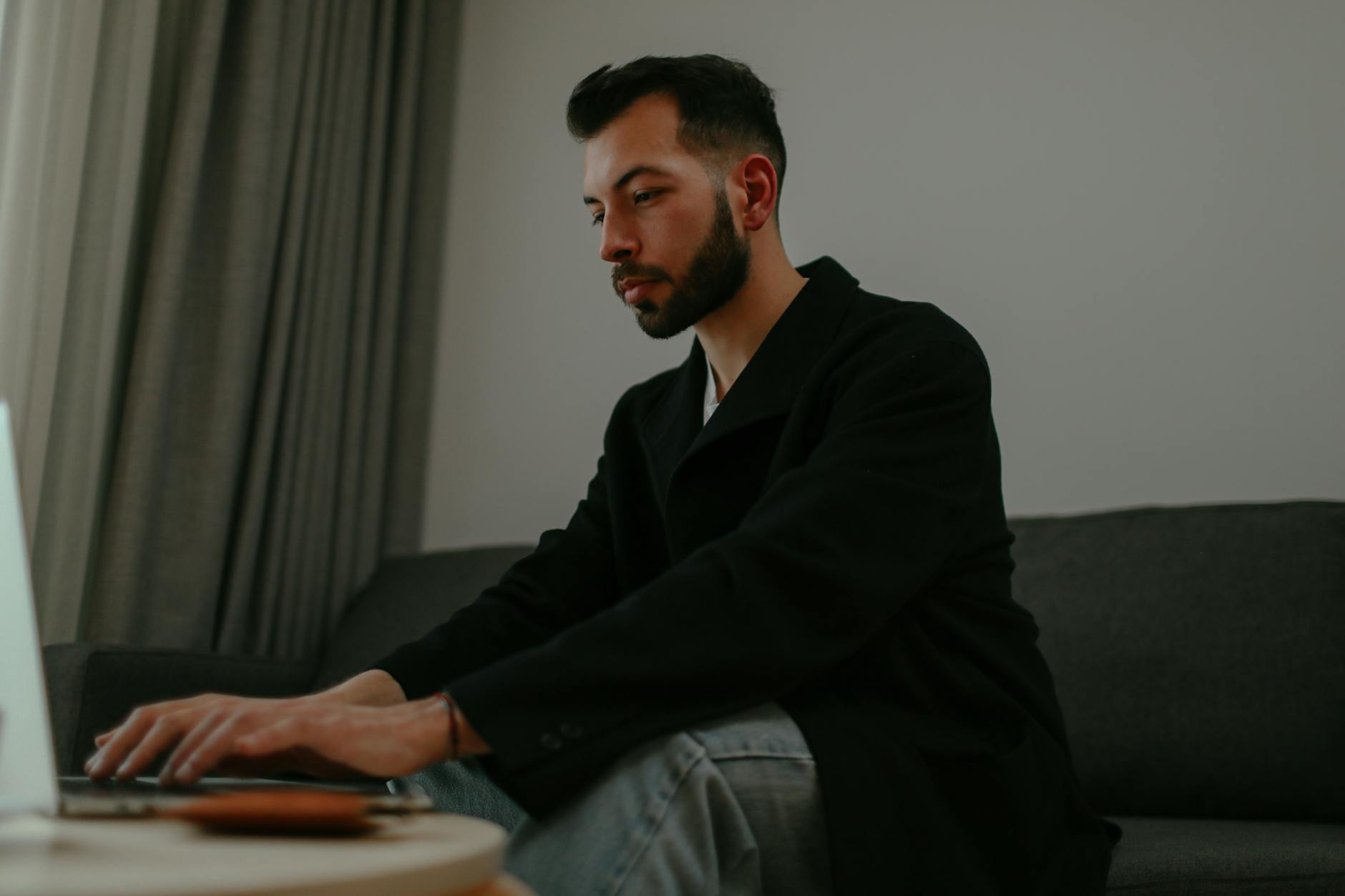The Roundtable: After October 7th, A World in Trauma

Editor's Note: Welcome to our monthly roundtable discussion. The events of October 7th and the subsequent war in Israel and Gaza are a topic of immense pain and complexity. Our goal here is not to offer a definitive political solution, but to grapple with the profound impact this crisis is having on our world. This transcript has been lightly edited for length and clarity.
Saerom Kim: It feels like there's only one story in the world right now. The attack by Hamas on October 7th was a horror of a scale that’s hard to comprehend. And the Israeli response in Gaza is a humanitarian catastrophe that is getting worse by the day. What I’m struggling with, watching from here in the US, is how the conflict has exported its trauma to the rest of the world. College campuses, social media, even friendships—everything feels like it's cracking under the strain of this.
Yehee Jung: From a public health perspective, that’s exactly what it is: a form of collective trauma. We’re seeing the psychological impact play out in real-time on a global scale. The graphic, unfiltered images of violence coming out of both Israel and Gaza on platforms like TikTok and X are unlike anything we've seen in a previous conflict. This constant exposure, especially for young people, can lead to heightened anxiety, a sense of helplessness, and what psychologists call "vicarious trauma." There is no distance anymore; the war is in our pockets.
Saerom Kim: And that lack of distance is making it impossible to have a nuanced conversation. The social media algorithms are creating two completely separate, irreconcilable narratives. Depending on your feed, you are either seeing a story of a brutal terrorist attack and a nation's right to defend itself, or a story of a genocidal colonial state committing atrocities against an oppressed population. There is almost no overlap, which is why the conversation has become so toxic and polarized. People aren't just disagreeing; they are operating from different sets of perceived facts.
Minwoo Jung: This polarization is being actively exploited for geopolitical gain. The conflict has become a new front in the great power competition. Russia and China have seized the opportunity to denounce American hypocrisy, positioning themselves as champions of the Palestinian cause to curry favor with the Arab world and the Global South. The United States, in turn, is caught in a difficult position, trying to support its ally Israel while also managing the immense diplomatic fallout with its Arab partners. The UN Security Council is, predictably, paralyzed. The human tragedy is being used as a pawn in a much larger geopolitical chess match.
Anthony Min: The economic side of that is also very real. The immediate risk is the conflict spreading to the wider region, particularly involving Iran. If that happens, and we see a disruption of shipping through the Strait of Hormuz, the impact on global oil prices would be immediate and severe. We could be looking at a global recession triggered by a regional war. Markets hate uncertainty, and this conflict has injected a massive dose of it into the global system. It's a stark reminder of how interconnected our economies are with the political stability of the Middle East.
Yonghyuk Choi: It feels strange to even talk about sports, but you can see the conflict's ripple effects there too. We're seeing athletes being suspended for their social media posts, fan groups displaying divisive banners at soccer matches in Europe, and intense debates over whether Israeli athletes should be allowed to compete in international competitions. Sports are often a reflection of our society, and right now, they are reflecting a world that is deeply and angrily divided.
Saerom Kim: I keep coming back to the human element. The sheer scale of the grief is overwhelming. The grief of Israeli families whose loved ones were massacred or taken hostage. The grief of Palestinian families in Gaza who have lost everything. It feels like there is no space for both griefs to coexist in our public discourse. You are forced to choose a side, and in doing so, you are often forced to invalidate the suffering of the other. It’s heartbreaking.
Final Thoughts
Yonghyuk Choi: Sports are meant to be a distraction from the world's problems, but this conflict is a powerful reminder that sometimes, there is no escape.
Anthony Min: This is a textbook example of a geopolitical shock event, a regional crisis with the potential to trigger a global economic crisis.
Saerom Kim: It feels like the whole world is being forced to process a collective trauma, and we are not doing a very good job of it.
Yehee Jung: A lack of shared reality is a public health crisis in the making; this conflict is pushing our information ecosystem to the breaking point.
Minwoo Jung: This conflict has become a brutal instrument for great powers to expose each other's hypocrisies on the world stage, all at the expense of civilians on the ground.
What do you think? How can we foster a more compassionate and constructive conversation in the face of such profound tragedy and division? Let us know your thoughts in the comments below.



